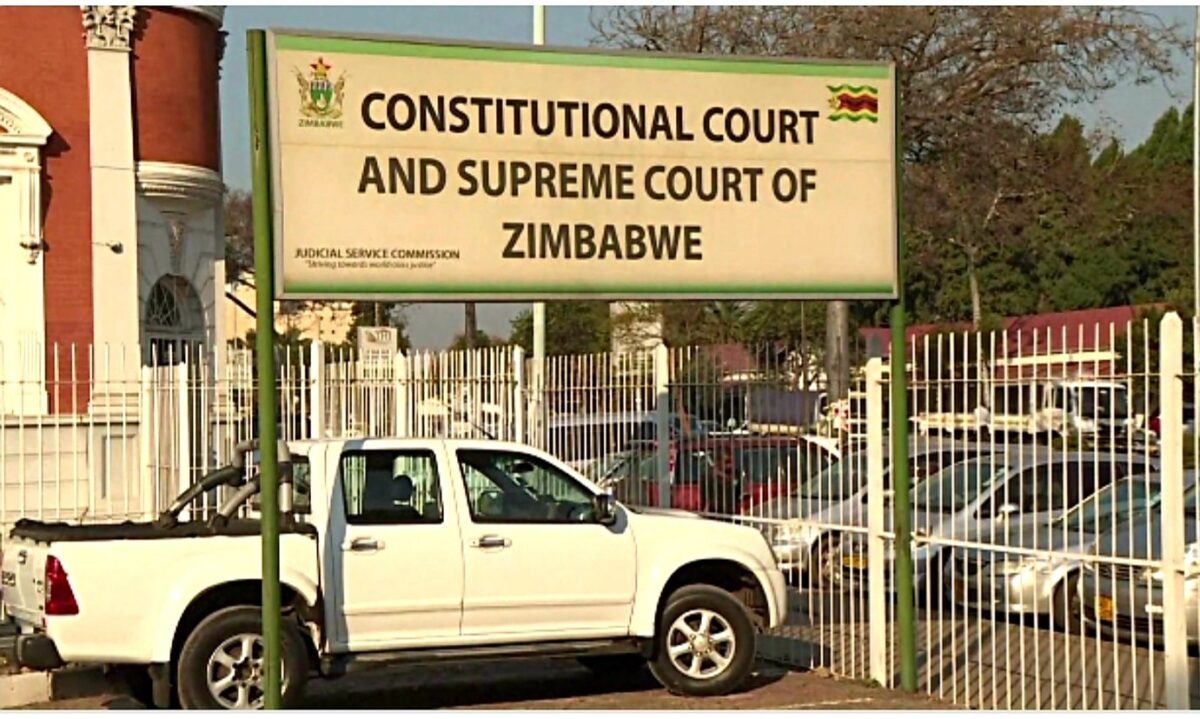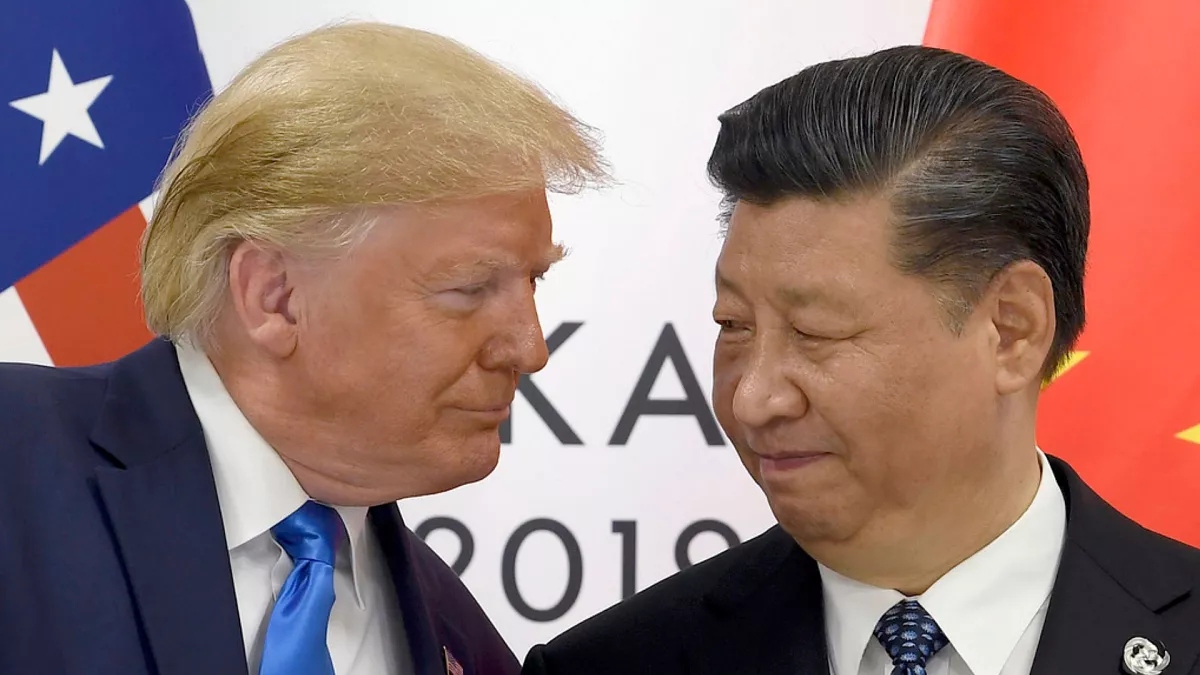BULAWAYO – A law empowering the government to seize land for resettlement without compensation does not apply to urban land, the Constitutional Court has ruled.
The judgement is a blow to land barons who, working with officials in the ministry of lands, caused the government to list certain pieces of land in peri-urban areas for compulsory acquisition, and then grabbed it and repurposed it for residential stands.
The court made the ruling in the case of a white farmer whose land on the edges of the city of Bulawayo was acquired and gazetted by the government on August 25, 2020, under general notice 405 of 2000.
The government had just amended the constitution with section 16B empowering it to seize agricultural land for resettlement without compensation.
The ministry of lands and one Robert Njanji subsequently placed caveats on his title deed for his land known as Umguza Agricultural Lots Umvutcha and Reigate.
But Alistair Michael Fletcher challenged the placement of the caveats and won at the High Court after arguing that his land was not subject to acquisition and resettlement as it had been declared urban land and part of the City of Bulawayo through Statutory Instrument 212 of 1999.
An appeal lodged by the ministry of lands at the Supreme Court succeeded after the court ruled that the High Court erred in failing to consider provisions of section 16B(5) which say that once the land is gazetted it becomes state land regardless of any errors or withdrawals in the acquisition process.
The Supreme Court further said the statutory instrument declaring the land as urban land had been overridden by 16B of the old constitution and subsequent promulgation of the Land Acquisition Act (Chapter 20:10).
The judges also said the same constitutional provision barred courts from hearing land disputes arising from land listed for compulsory acquisition by the government, and the High Court had no jurisdiction to entertain the application.
Fletcher, who is represented by Advocate Thabani Mpofu, then approached the Constitutional Court seeking leave to appeal the Supreme Court ruling. The leave to appeal was granted in a judgement delivered on Tuesday by justices Bharat Patel, Rita Makarau and Benjamin Hlatshwayo.
Mpofu said they had to turn to the Constitutional Court because there is a constitutional issue requiring resolution, around the Supreme Court’s interpretation of section 16B of the old constitution. The lawyer argued that by holding that the High Court had no jurisdiction to hear the application for the upliftment of the caveats, the Supreme Court also abdicated its duty to determine whether the acquisition of the land had been carried out in terms of the law.
Justice Patel, who wrote the judgement with the other two judges concurring, said the Supreme Court “fundamentally misconstrued and consequently misapplied the law governing the compulsory acquisition of agricultural land and it did so substantively and procedurally.”
The judgement is “likely to be materially altered or overturned on appeal before the full bench of the Constitutional Court,” the judge said.
“The critical question that arises for determination in this matter is whether or not the applicant’s land was properly acquired by the state in terms of section 16B of the former constitution as read with section 72 of the current constitution,” Patel said.
“The basis upon which the Supreme Court held that the High Court had no jurisdiction to entertain the upliftment of the caveats was that the applicant had no legal cause for bringing such an application in as much as the land now vested in the state… However, it is evident that the Supreme Court improperly disregarded a crucial intervening event and its legal ramifications, to wit, the fact that the land was proclaimed as urban land in 1999 before it was gazetted in the year 2000.
“In my view, the meaning and import of section 16B of the former constitution are unambiguously clear. It expressly applies only to agricultural land which may be acquired by and vested in the state as provided for in the section. It does not apply to urban land. Put differently, urban land may not be acquired by the state in terms of this provision.”
Patel cited several concluded cases where this had been clarified by the courts, including the case of Bowers & Amor v Minister of Lands and Agriculture where the judges ruled that “the government cannot expropriate land which is not agricultural land under the guise of the land reform programme.”
The judge added: “… it is reasonably clear that in order for the state to acquire land it must be agricultural land. In that regard, I am of the opinion that the full bench of the Constitutional Court will doubtless endorse that position when it sits to determine the main matter on appeal. I am further inclined to conclude that the Constitutional Court will also accept that land does not become agricultural land simply because it is itemised and included in Schedule 7 to the former constitution.”
The three Constitutional Court judges said statutory instrument 212 of 1999 which altered the boundaries of the city of Bulawayo to include Fletcher’s land “fundamentally altered the character of the land in question.”
The judges said Fletcher’s appeal which now goes to the full bench of the Constitutional Court is in the interests of justice and of “paramount public interest.”
“It is unquestionably necessary for this court to provide a definitive answer to the question as to whether land designated as urban land ca lawfully be acquitted by the state in accordance with section 16B of the former constitution as well as section 72 of the current constitution. Accordingly, in my considered opinion, it is clearly in the interests of justice to grant leave to appeal in this matter,” Patel added.
















